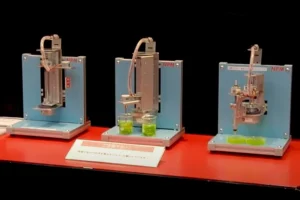Rotary Stepper Motors
Rotary Tin Can Stepper Motors — High Performance and Cost-Effective
Since 1965, Nippon Pulse’s stepper motors have offered a cost-effective, high-performance solution for various medical, semiconductor, lab and industrial automation applications. Stepper motors use input pulses to take proportional steps for positioning and/or speed control. Stepper motors are typically operated using drivers that control pulse and direction.
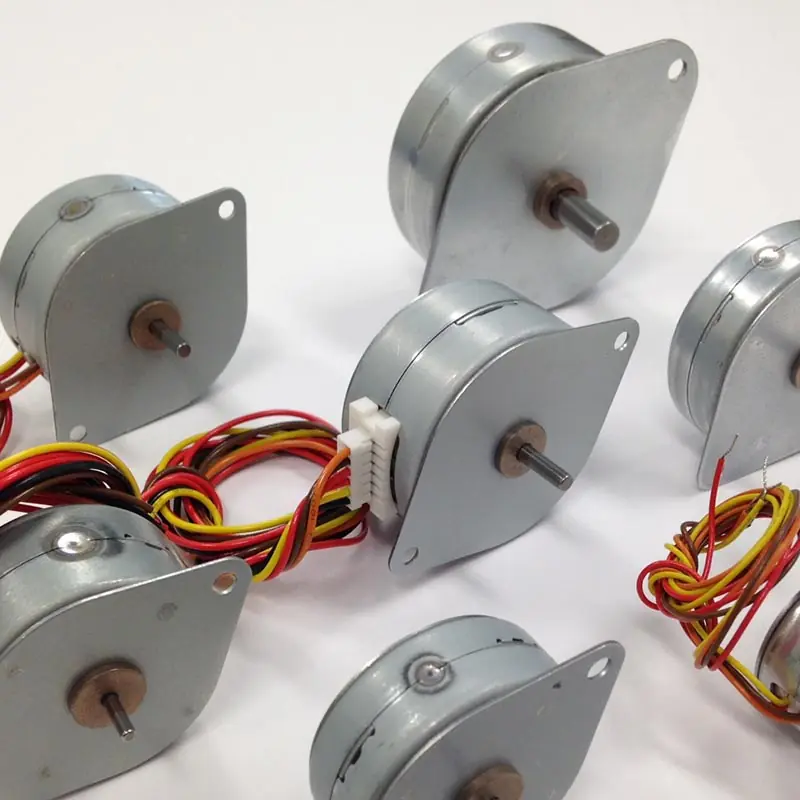
Specification Overview
- Several customization options available on all tin-can steppers
- Available with diameters from 10mm up to 55mm
- Holding torque between 1 and 180 mNm
- Rated voltage of 5V and 12V
- 24 or 48 steps per revolution
- Unipolar and bipolar windings
Rotary Stepper Motor Advantages
- Easily determined and controlled speed (speed = steps per revolution /pulse rate)
- Fine incremental moves without requiring a feedback encoder (open loop)
- Fast acceleration with non-cumulative positioning error
- Low speed/high torque characteristics without gear reduction
- Loads held in a stationary position without creating overheating
- Wide speed range
Precision Solutions for Industries
- Packaging
- Life Sciences
- Semiconductor
- Optics & Photonics
- Robotics
- Toolless Cutting
- Lab Automation
- Pharmaceuticals

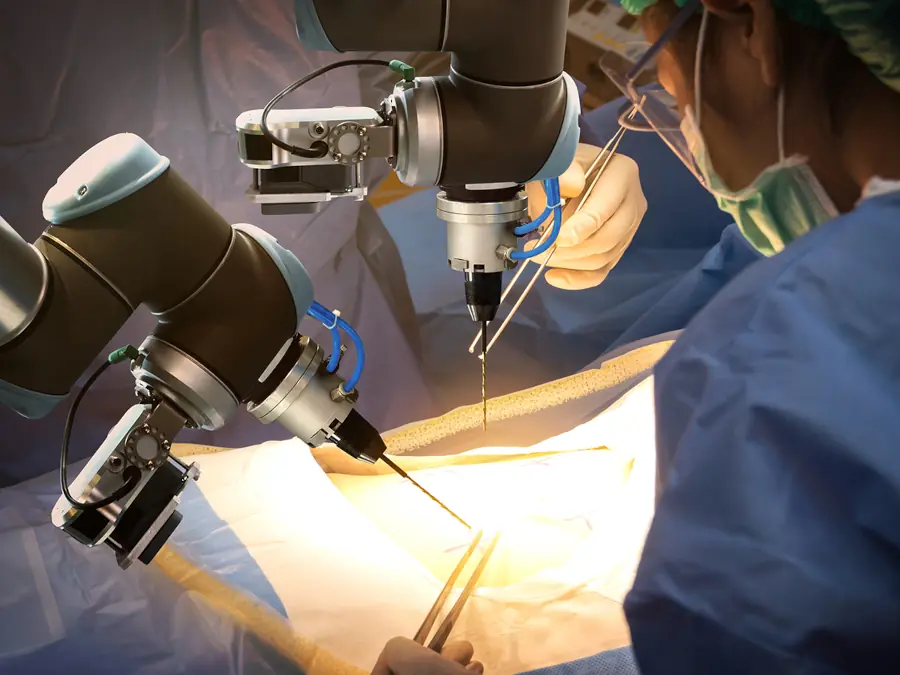
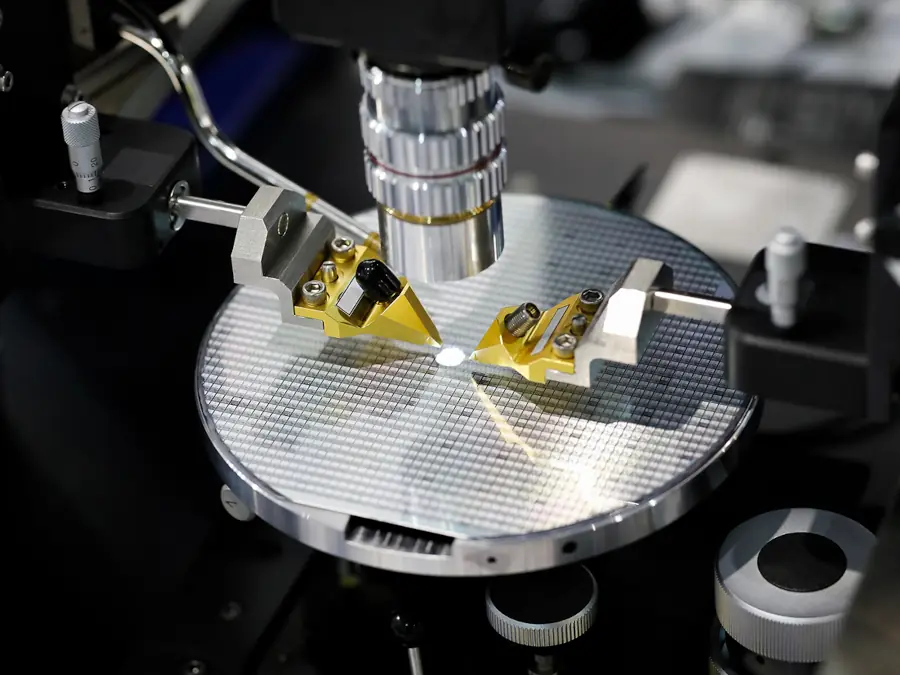

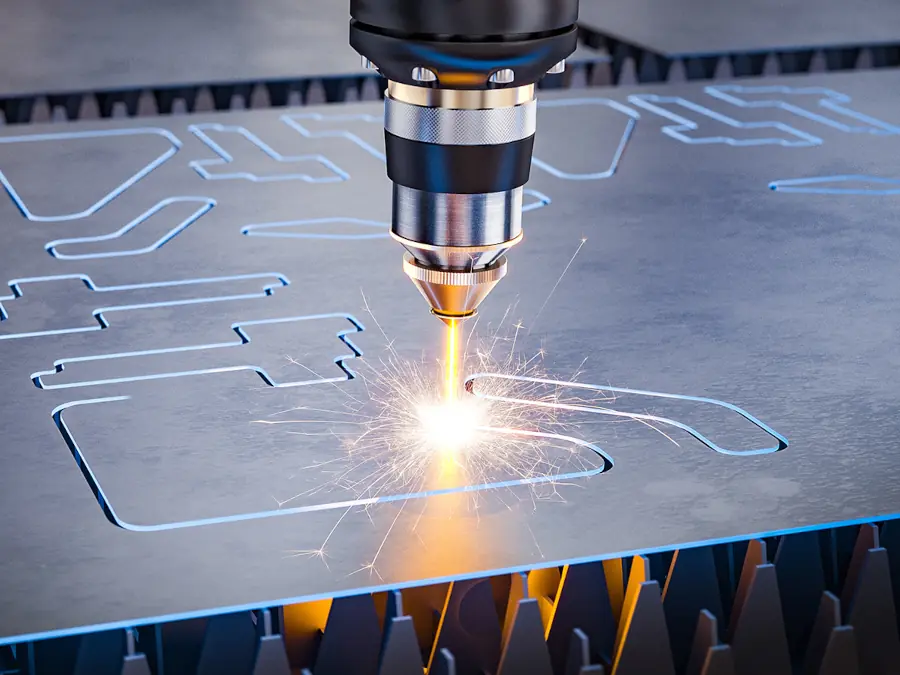
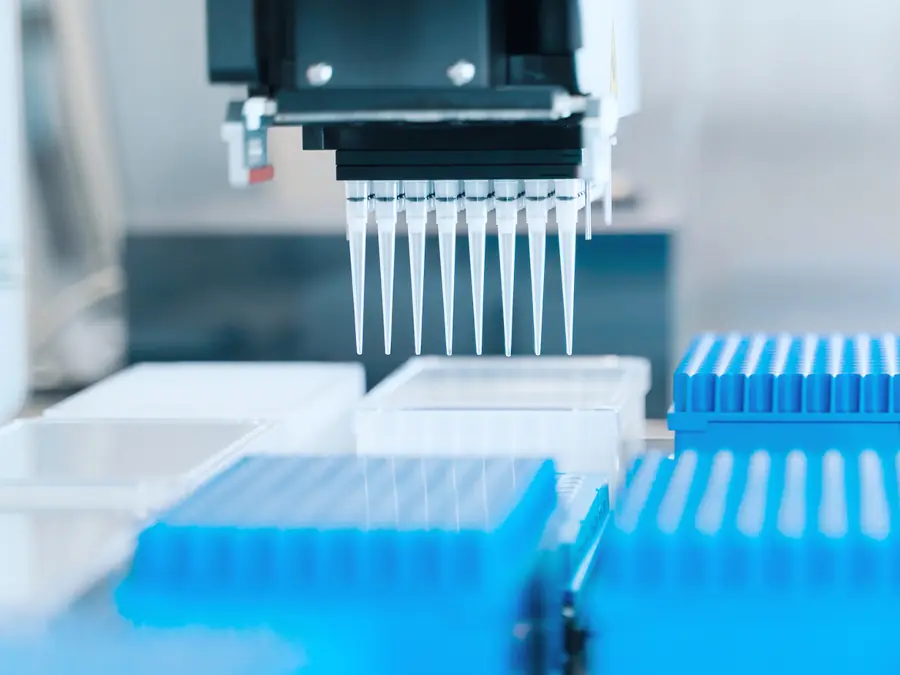

Select the Best Rotary Stepper Motor for your Application
- Outline the motions that you’re trying to achieve
- Define the total number of degrees the motor will move
- Calculate the total number of steps in that movement
- Calculate the acceleration and deceleration needed to make the move in the time allowed
- Calculate the torque needed to accelerate and decelerate the payload
- Find a coil that has a torque curve that provides more force at each speed in your move than is needed to move the payload
- Select the correct electronics needed to drive the motor
Need a custom motor for your application? We build those to your exact specifications - click here to get started
Small, Miniature, and Micro Motor Solutions - click here to learn more

